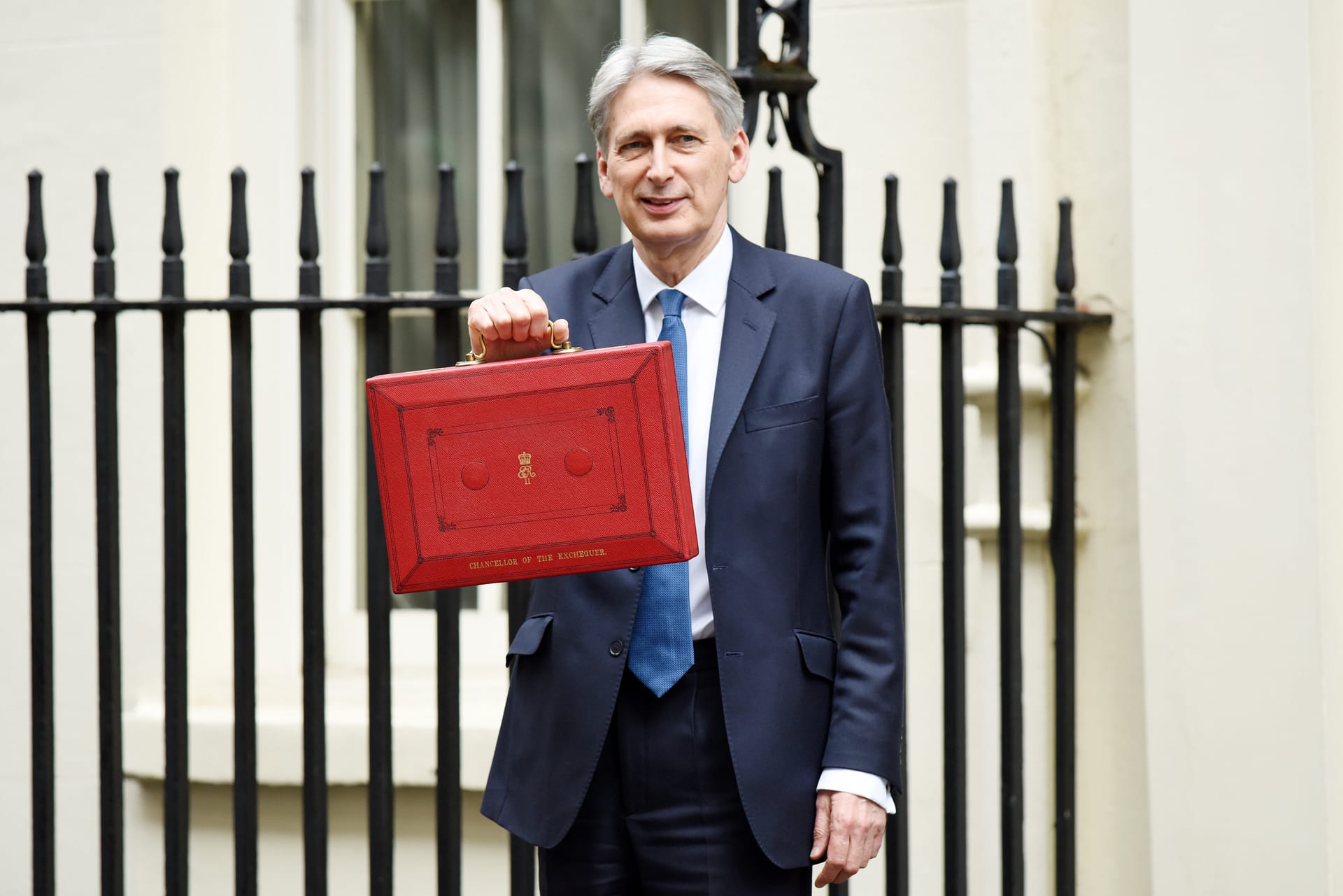Russia’s invasion of Ukraine has resulted in — above all else — a humanitarian crisis. The conflict is also reverberating across global economies and markets. In the latest episode of Exchanges at Goldman Sachs, host Allison Nathan explores the implications with her colleagues across Goldman Sachs Research.
The outlook for monetary policy is mixed. Commodity prices are moving sharply higher given Russia’s role as a major producer and exporter of oil, gas and other commodities, which is feeding through to higher inflation and tighter financial conditions, says Daan Struyven, senior global economist. The higher inflation, combined with lower expected economic growth, is creating a mixed picture for central bank policy. “Markets clearly seem to be emphasizing the dovish side of the ledger here with a pretty large move in, for instance, front-end rates, both in the U.S., the euro area and other G-10 markets,” he says. “Our own baseline views, both for ECB and the Fed, remain quite hawkish.”
Equity risk premiums are rising. Investors are getting nervous about holding equities, especially European stocks, as reflected by rising risk premiums, says Peter Oppenheimer, chief global equity strategist. “The difficulty when we get a shock event like this — which has so many consequences, of course humanitarian, economic, and monetary in terms of policy — the uncertainty levels go up,” he says. “The equity risk premium [the extra return investors can expect for buying stocks over risk-free government bonds] has shot up much more, in fact, than most other geopolitical events have triggered over recent years or even decades. But that’s understandable because the consequences of this are far-reaching and could be quite long-lasting.”
Emerging markets at risk. The U.S. dollar is rising amid a flight to safe-haven assets while risky assets, such as emerging markets that are “closest to the theatre of conflict,” could fall further, explains Kamakshya Trivedi, co-head of Global Foreign Exchange, Interest Rates and Emerging Markets Strategy Research. “If that perception of cyclical risk broadens out — either because the crisis escalates or because the inflationary impact is seen as being big enough or important enough that central banks have to raise rates further — I think a lot of risky assets like EM assets that are levered to cyclical risks…could see more pressure,” Trivedi says.






Leave a Comment